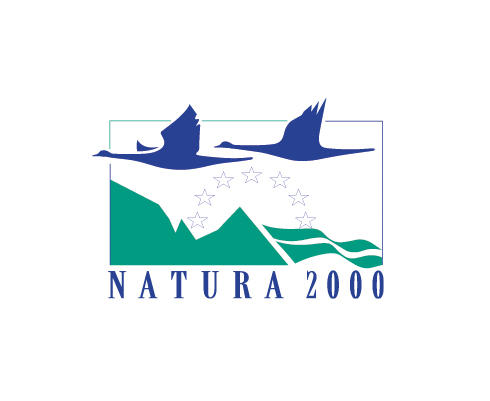
Environment & biodiversity
Location:
Bouches-du-Rhône (France)
Sponsor:
Nicolas Rampnoux
Grants:
€80,000 at the 10 June 2018 Board Committee
€5,000 at the selection committee meeting on 16 March 2020
Project Owner
The Parc Naturel Régional de Camargue, a major centre of Mediterranean biodiversity, has launched numerous initiatives since it was established in 1970. A rural, open and inhabited territory with a fragile balance, it covers an area recognized for its exceptional quality, where nature conservation and the development of human activities have to go hand in hand. Across all its various activities, the management of the Parc Naturel Régional de Camargue (PNRC) focuses on nature conservation and developing the region's natural resources
This ability to reconcile agriculture and the environment, protect nature and control overall water management in this exceptional wetland has led to PNRC receiving the support of the Veolia Foundation on several occasions. Since 2012, programs to protect biodiversity, in particular the creation and management of two protected marine areas and major communication and user awareness campaigns, have been supported by the Foundation.
Since the zones were established, the Foundation has participated in funding their signage, scientific fishing to establish the initial state of fish populations, developing the management plan and establishing artificial nurseries to speed up the process of restoring the seabed. As of 2015, it has been supporting monitoring, surveillance and awareness-raising activities in these protected marine areas which are an essential aspect of maintaining biodiversity.
2018: the first integrated Life project promoting sustainable practices
In 2018, the European Commission awarded France the first integrated "Life" project. As the European Union's main funding framework for environment and climate change related policies, Life provides funds for projects that mitigate or adapt to climate change, or protect the environment.
This Marha Life project – short for "Marine Habitats" - is dedicated to marine habitats on Natura 2000 sites (French and Corsican waters). The aim is to maintain Natura 2000 habitats in a good state of conservation or restore them. Led by the Agence Française pour la Biodiversité (AFB), it brings together 12 beneficiaries, including the PNRC, which undertake actions over the project’s duration (8 years) in line with the marine habitat objectives. Europe provides 60% of the project's overall funding under Life.
The approach is a holistic one: the focus is on the whole coastline. In concrete terms, in addition to awareness-raising activities and monitoring visitor numbers, a study will provide a better understanding of the functioning of the still little-known sandbanks in the Camargue. In particular, Marha will analyse the risks associated with repeated dredging on replenishing the sandbanks and their biodiversity, especially on seahorse populations, a new species of which has been discovered solely on these sites.
Changes in the seabed (lateral sonar, dives) in the Gulf of Beauduc will also be mapped, with the support of an eco-guard technician and the support of the Veolia Foundation. Within the Camargue Natura 2000 site, two reinforced protection zones have been created in line with the objectives document. These zones, with different classifications, are complementary (fishing grounds, biotope protection zone) in terms of preserving and restoring the functionality of the habitats (nursery) and their biodiversity (seagrass beds).
The goal is to be able to conduct between 35 and 50 annual sea excursions on the Camargue site looking at managing and monitoring marine protected areas. One of the major challenges is to get people using the sea to engage in sustainable practices to preserve the sites on the scale of their coastal uses.
2020: A Life project covering the delta and river environment and the governance of Biosphere Reserves in Europe
The Camargue Biosphere Reserve (France) and the Danube Delta Biosphere Reserve (Romania) signed a cooperation agreement in October 2016. This rapprochement, supported and assisted by the Veolia Foundation, in particular led to a study to characterize the two territories (similarities and differences) and have defined the cooperation-related challenges.
This work now makes it possible to consider setting up a delta and river environment Life project and so apply for European funding. The project could bring together other players in the Mediterranean and Black Sea (notably the Po and Ebro deltas). With the support of the Foundation, several workshops will be organized to develop this European project.

